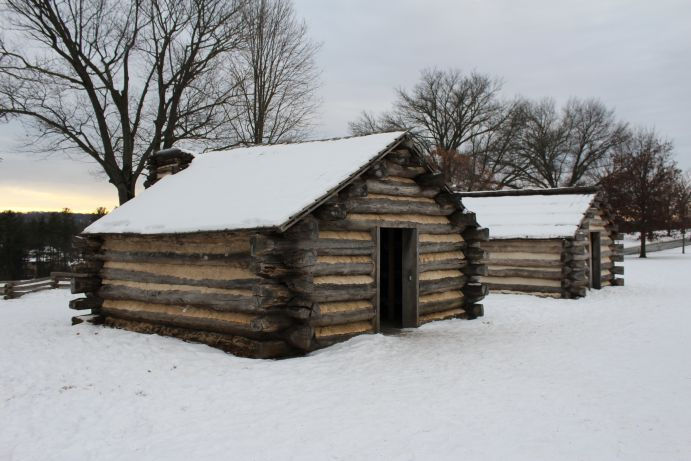Traveling to Bethlehem (Pennsylvania): The Rodale Archives
- Anneliese Abbott

- Dec 12, 2024
- 3 min read

“But now you’re traveling, traveling on the road to Bethlehem…”
Sure, it’s June and Christmas is a long ways away, but when “Mary’s Song” by Petra comes up on my playlist as I cruise down I-78, it seems quite fitting. I actually am traveling on the road to Bethlehem—Bethlehem, Pennsylvania, that is. My destination is Lehigh University, which has recently acquired the Rodale Archives. I’m hoping that I’ll find the answers to my questions about J.I. Rodale and his role in organic farming history here.
I’ve visited quite a few archives in the course of my research, but this is a little different. Since the Rodale collection is still being processed, my contact, Eric, directs me to an unmarked building on the fringe of campus, across the street from a community garden. The door is locked when I arrive, so I call Eric and he lets me in. We head down a dimly lit hallway to the processing room. It’s so secure that even the janitor doesn’t seem to have a key, based on the level of dust on the carpet. But the table I sit at is clean, and there’s a power strip for my laptop.
Savoring the thought that I’m probably only the first, second, or third author to look at some of this material (the other two who’ve cited parts of this collection are Carlton Jackson and Andrew Case), I get started looking at papers. I begin with the earliest issues of Organic Gardening magazine, then discover that Rodale first reprinted an article about organic farming in the July 1940 issue of one of his other magazines, You Can’t Eat That. The first article about organic farming actually written by Rodale is in the November 1941 issue of Health Guide.

The magazines are important, but what I’m really looking for are “behind-the-scenes” papers—especially correspondence and journals. I find extensive drafts of Rodale’s autobiography that are far more detailed than the concise published version, but they only go up to the 1920s. Similarly, there are huge gaps in Rodale’s correspondence. There are several folders of letters that he wrote to a friend from around 1918 to the early 1920s, including some harrowing descriptions of New York City during the 1918 influenza epidemic. Later, in 1953, Rodale kept an extremely detailed diary, sometimes typing ten or twenty pages a day. His main focus in this diary was his electronics manufacturing business and his literary and theatrical pursuits, with shorter mentions of health and farming-related topics.
Surprisingly, out of the 269 boxes in the Rodale archives, none of them contain any correspondence or diaries from the 1930s or early 1940s—the time period I’m most interested in. There isn’t even any surviving editorial correspondence from these crucial years. Surely it existed at one time—but it wasn’t preserved. Why? Were these papers accidentally lost, routinely discarded, or purposefully destroyed?
I leave the Rodale archives grateful to the Lehigh staff for their stellar assistance, but with many of my questions still unanswered: When did Rodale meet Ehrenfried Pfeiffer? When did he visit Ralph Borsodi’s School of Living? Did he formally ask Paul Keene to help edit Organic Gardening? How much contact did he have with other organic farmers in the 1940s? What caused the “falling out” between Pfeiffer and Rodale, or was there even one at all? As I get back on I-78 and start traveling on the road away from Bethlehem, I wonder if I’ll ever be able to answer these questions definitively.



Comments